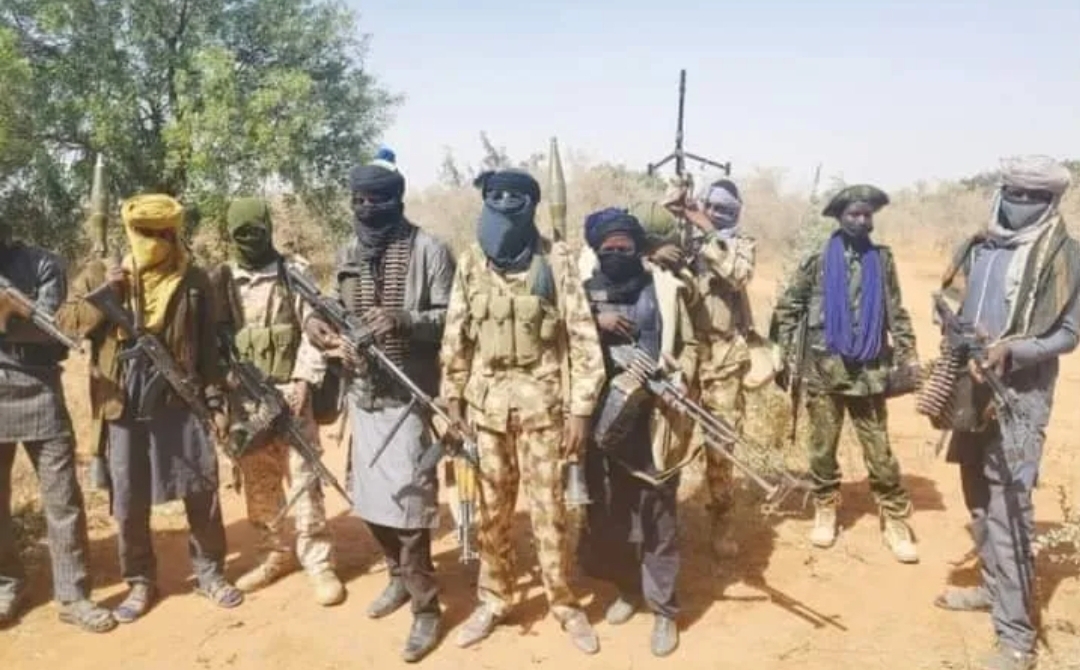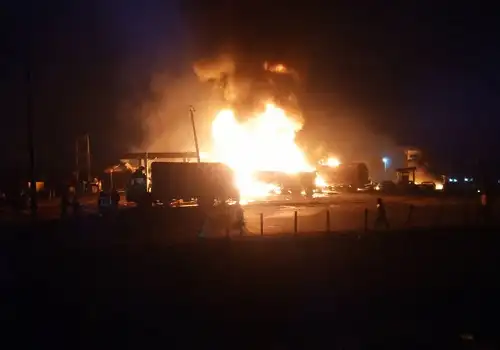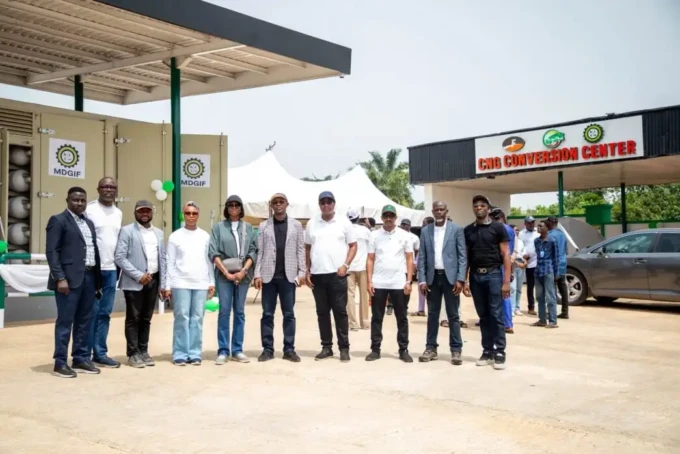Since early 2025, Boko Haram has intensified its insurgency in northeastern Nigeria, particularly in Borno state, leading to significant civilian and military casualties. The group has overrun military outposts, planted roadside bombs, and launched deadly raids on civilian communities.
In January, Boko Haram militants killed at least 40 farmers in Dumba, a community near Lake Chad. The attackers rounded up the farmers and executed them, highlighting the group’s persistent targeting of rural populations. (usnews.com)
The violence escalated in April, with Boko Haram and its splinter group, the Islamic State West Africa Province (ISWAP), employing advanced tactics such as armed drones and roadside explosives. At least 48 people were killed in recent attacks across Adamawa and Borno states, with dozens more victims since January. Analysts attribute this resurgence to reduced infighting between the two groups, increased tactical support and funding from the Islamic State, and the adoption of sophisticated weaponry. (reuters.com)
In response to the escalating violence, the North East Governors’ Forum, comprising leaders from Adamawa, Borno, Gombe, Taraba, and Yobe states, expressed dismay over the renewed attacks. They called for an aggressive military response and emphasized the need for a multidimensional approach to address the root causes of the conflict, including youth unemployment and poverty. (vanguardngr.com)
Despite these calls for action, the Nigerian military has faced challenges in countering the insurgents. Understaffed and isolated outposts, delayed reinforcements, and instances of soldiers fleeing attacks have hindered effective responses. Authorities fear a return to the height of Boko Haram violence experienced in 2013-2014. (apnews.com)
The resurgence of Boko Haram and ISWAP poses a significant threat to regional stability, with the potential to destabilize neighboring countries. The international community continues to monitor the situation closely, urging for coordinated efforts to address the complex security challenges in the Lake Chad Basin.












Cant believe the government isnt doing more to stop Boko Haram! Its time for action, not just words.
Do you think the governments response to Boko Haram attacks is effective? I feel like they need a new strategy.
Do you think the government is doing enough to combat Boko Harams attacks? Its scary how they keep getting stronger.
Could the government be doing more to protect civilians from Boko Haram? Its heartbreaking to see the continued violence.
Does anyone else think the government needs a new strategy to combat Boko Harams attacks? Its getting out of hand.
Do you think the government needs to step up security measures to combat Boko Harams intensified attacks? Lets discuss.